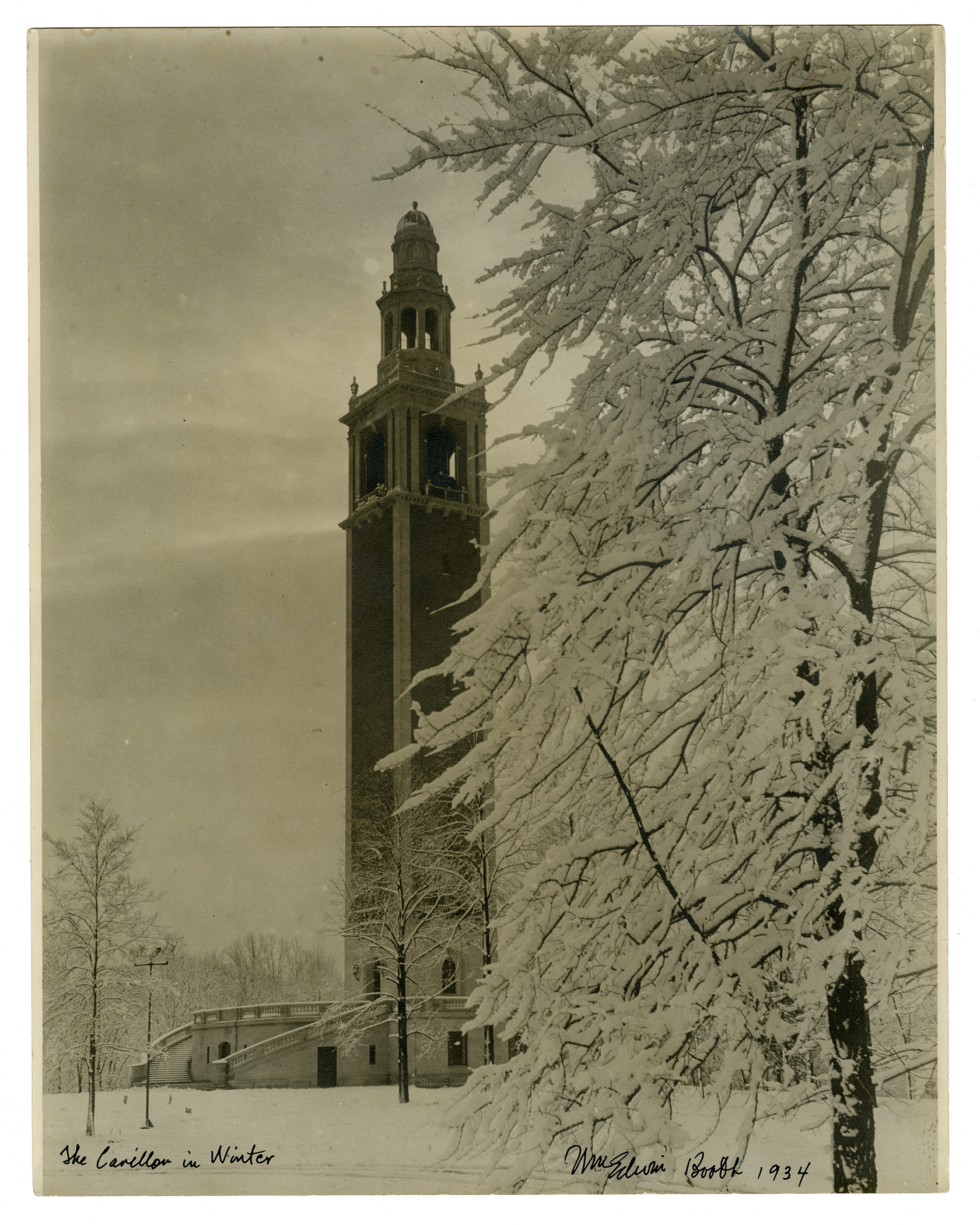Legacy of The Great War
For Virginia, the significant legacy of the war was the establishment of a sizeable military presence in the state. With the creation of major bases came money, jobs, and an influx of Americans from other regions. These developments helped return a more urbanized Virginia to national prominence.
Regressive political and social systems, however, remained unchanged. “We have made partners of the women in this war,” said Woodrow Wilson. “Shall we admit them only to a partnership of suffering and sacrifice and toil and not to a partnership of privilege and right?” In 1920, forty states voted to ratify the 19th Amendment, which gave women across the country the right to vote. The Virginia General Assembly refused to ratify the amendment until 1952. Despite their shared service and sacrifices during the war, African Americans continued to be subjected to systemic discrimination, culminating in the passage of a Racial Integrity Act in1924 that legally defined Virginians as either white or non-white and banned interracial marriage.
This article was featured in the Virginia Magazine of History & Biography, Vol. 126, No. 1 in connection with the The Commonwealth and the Great War exhibition.

